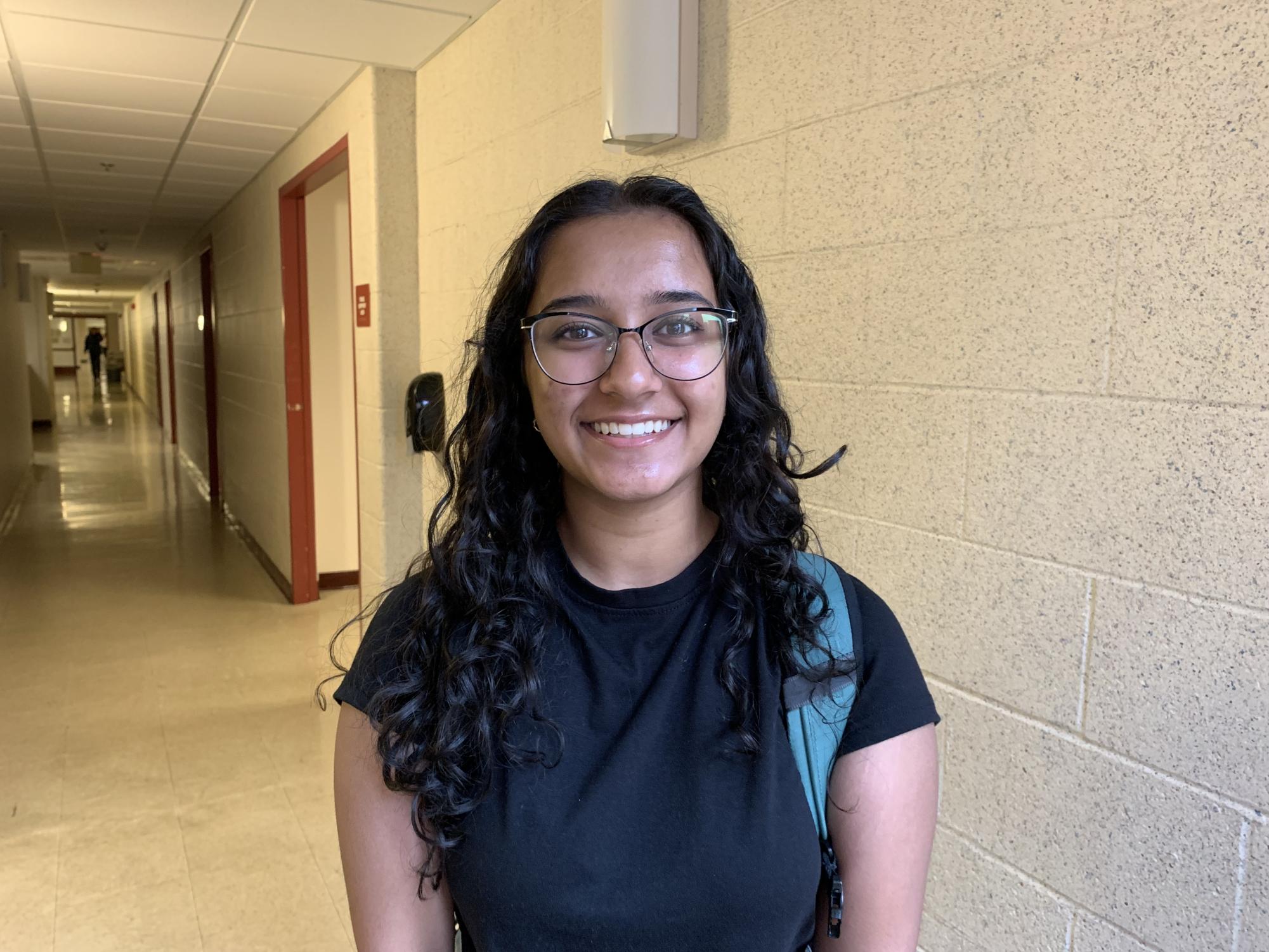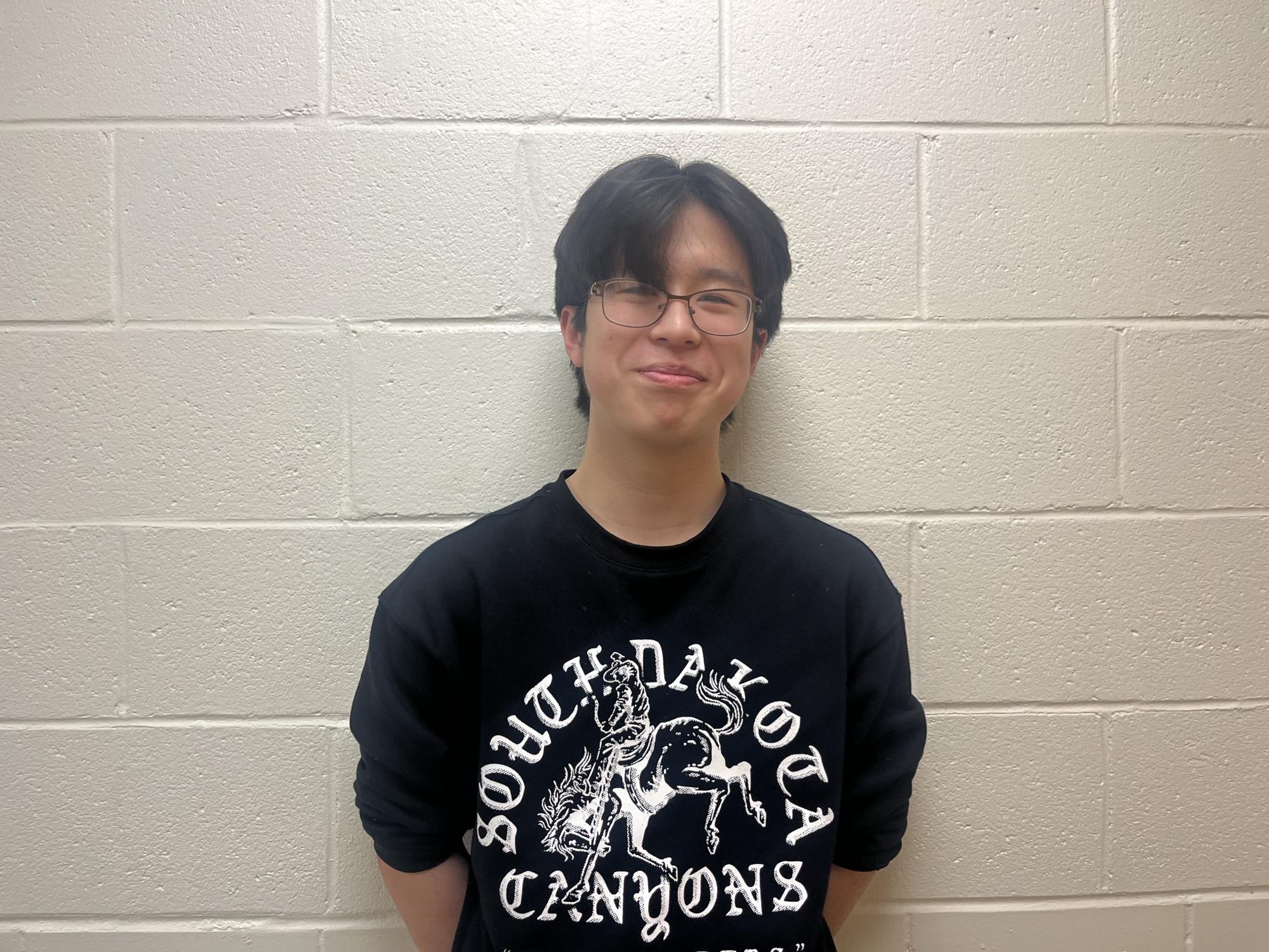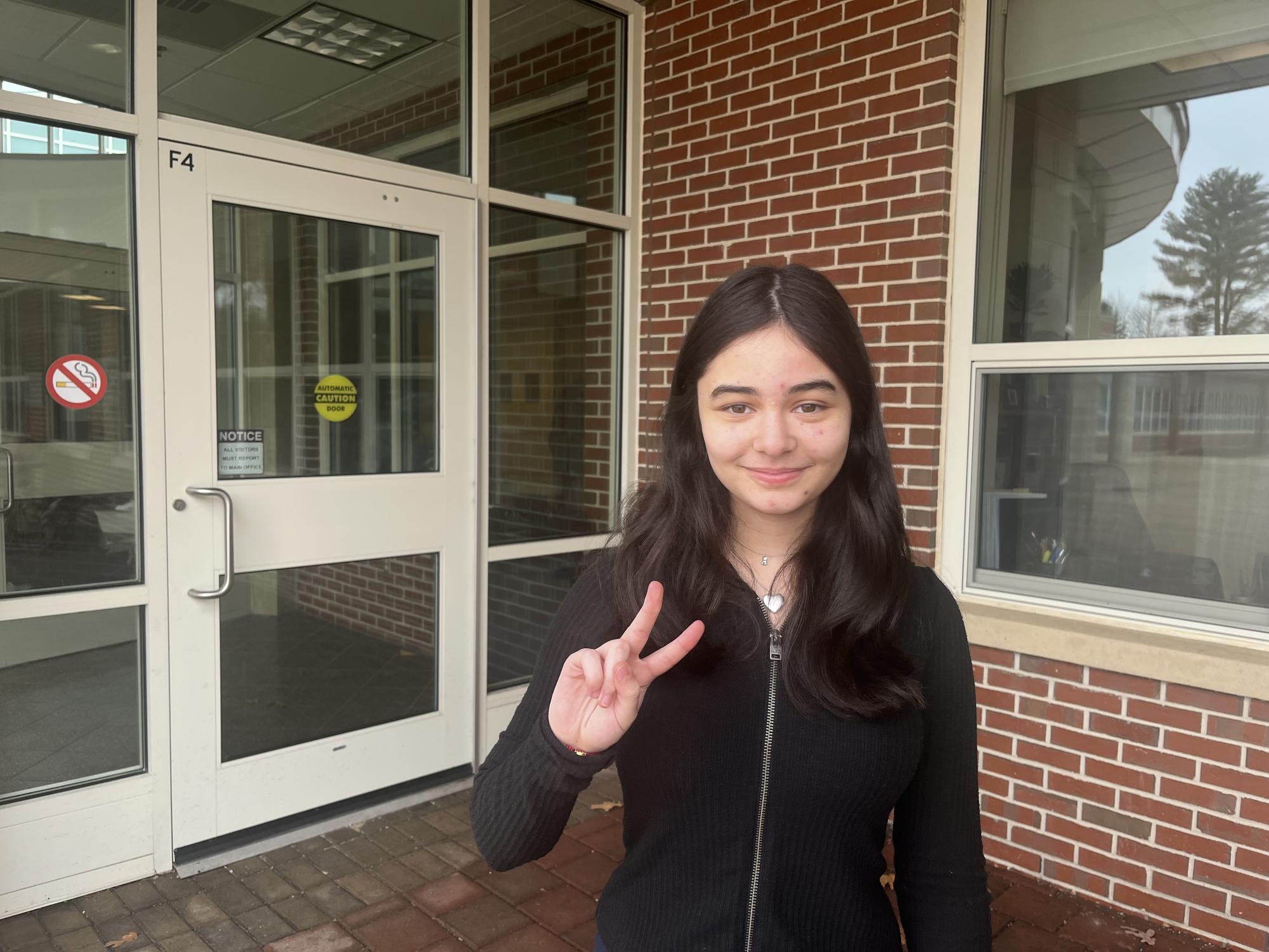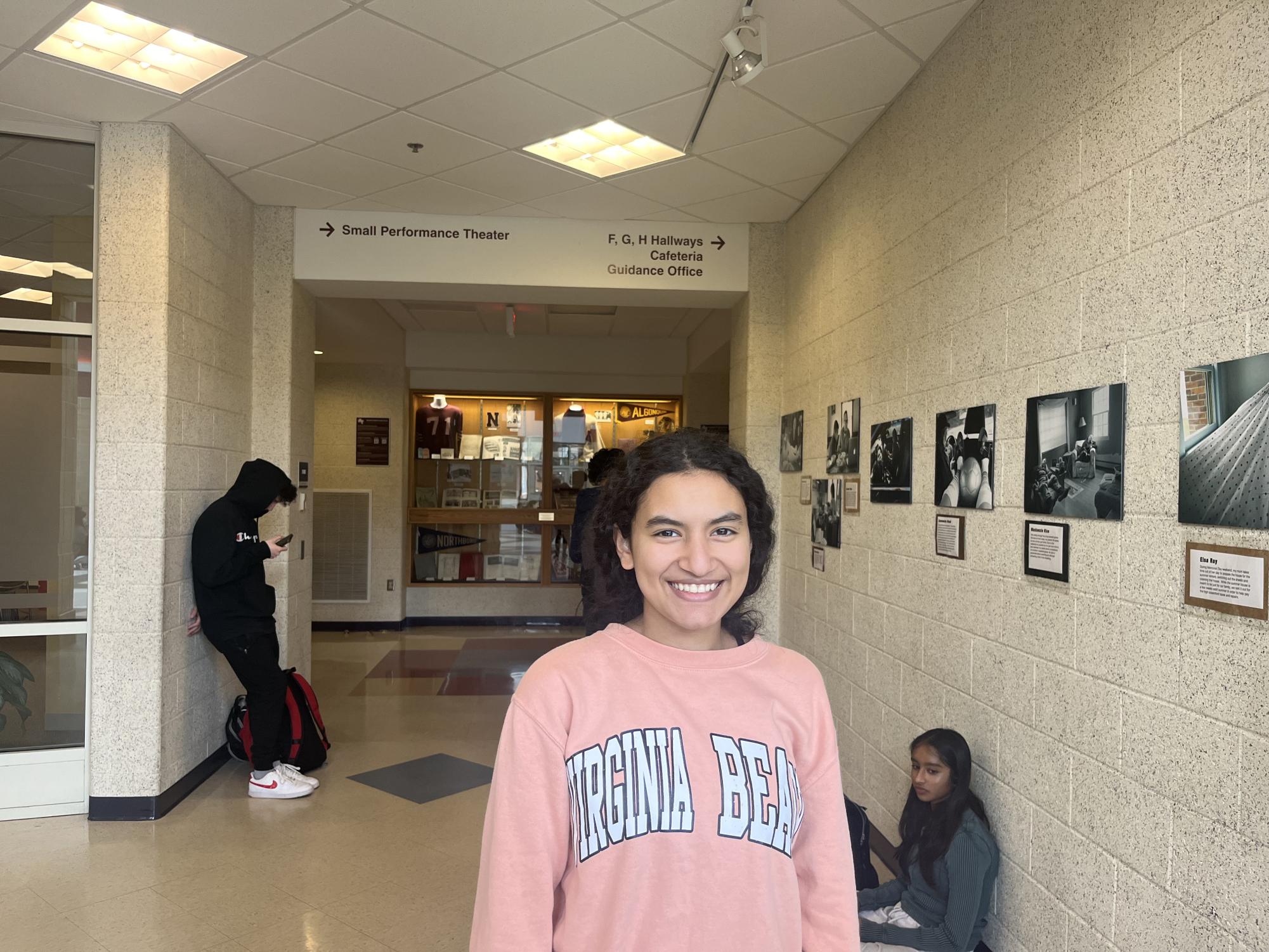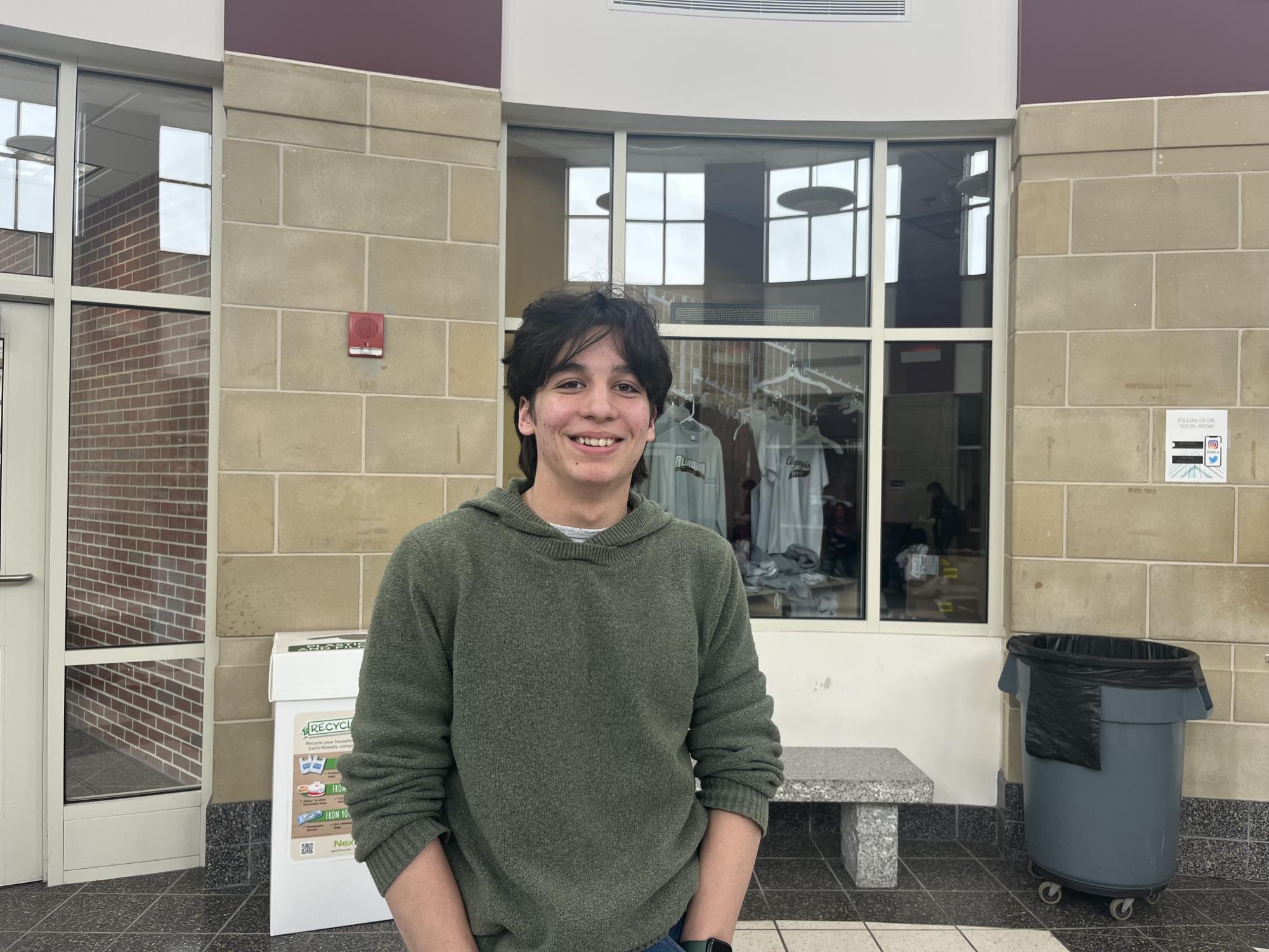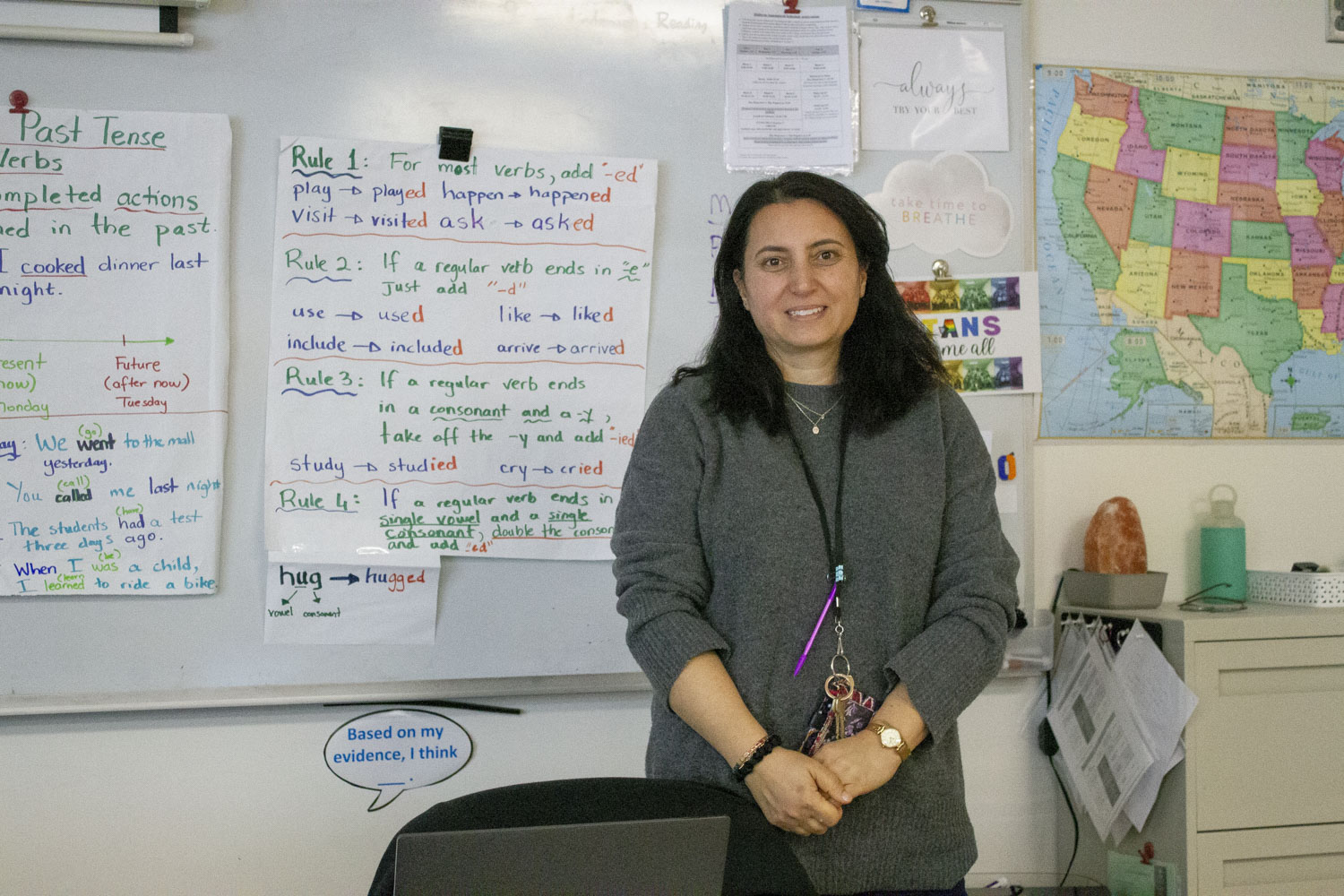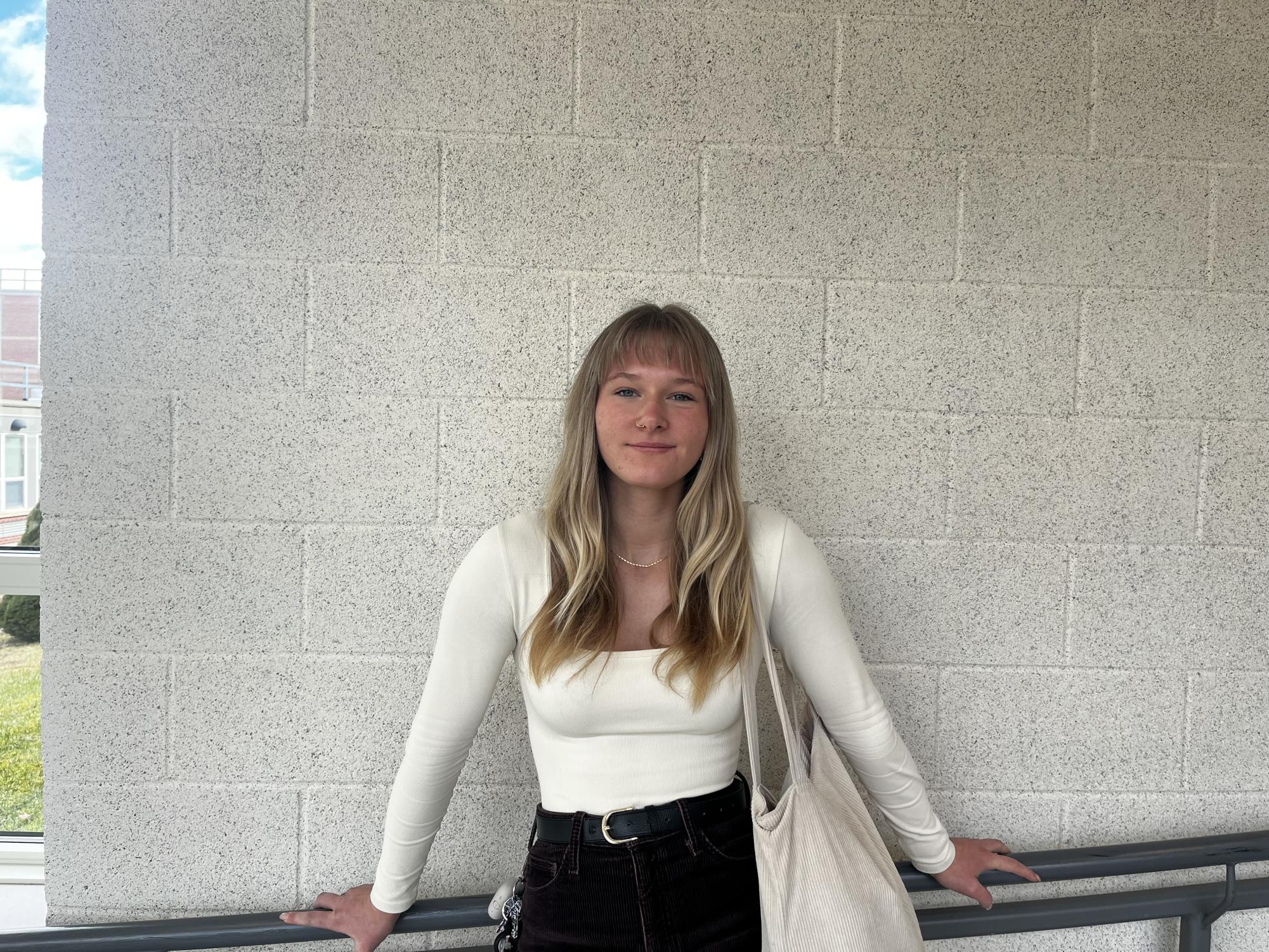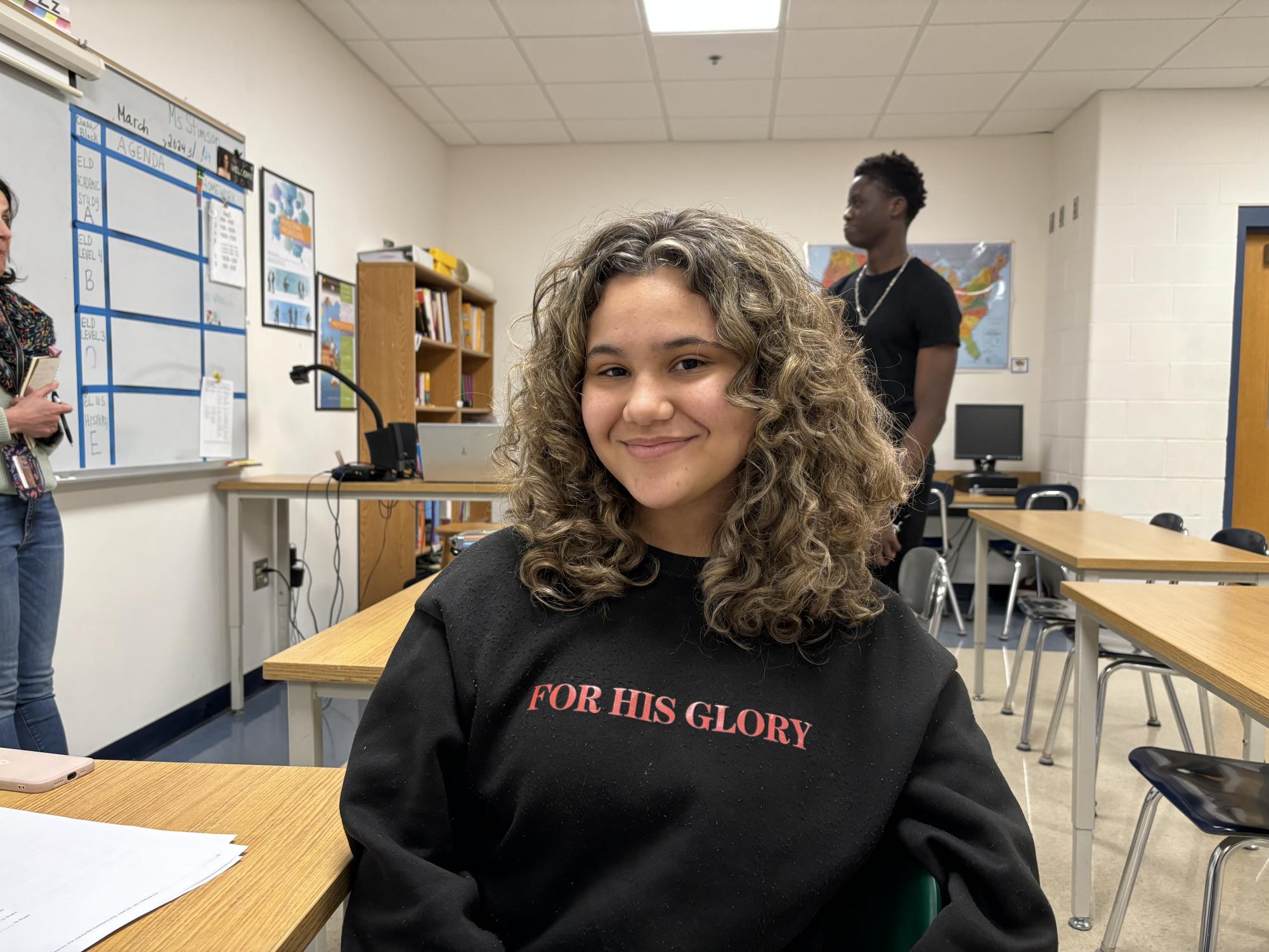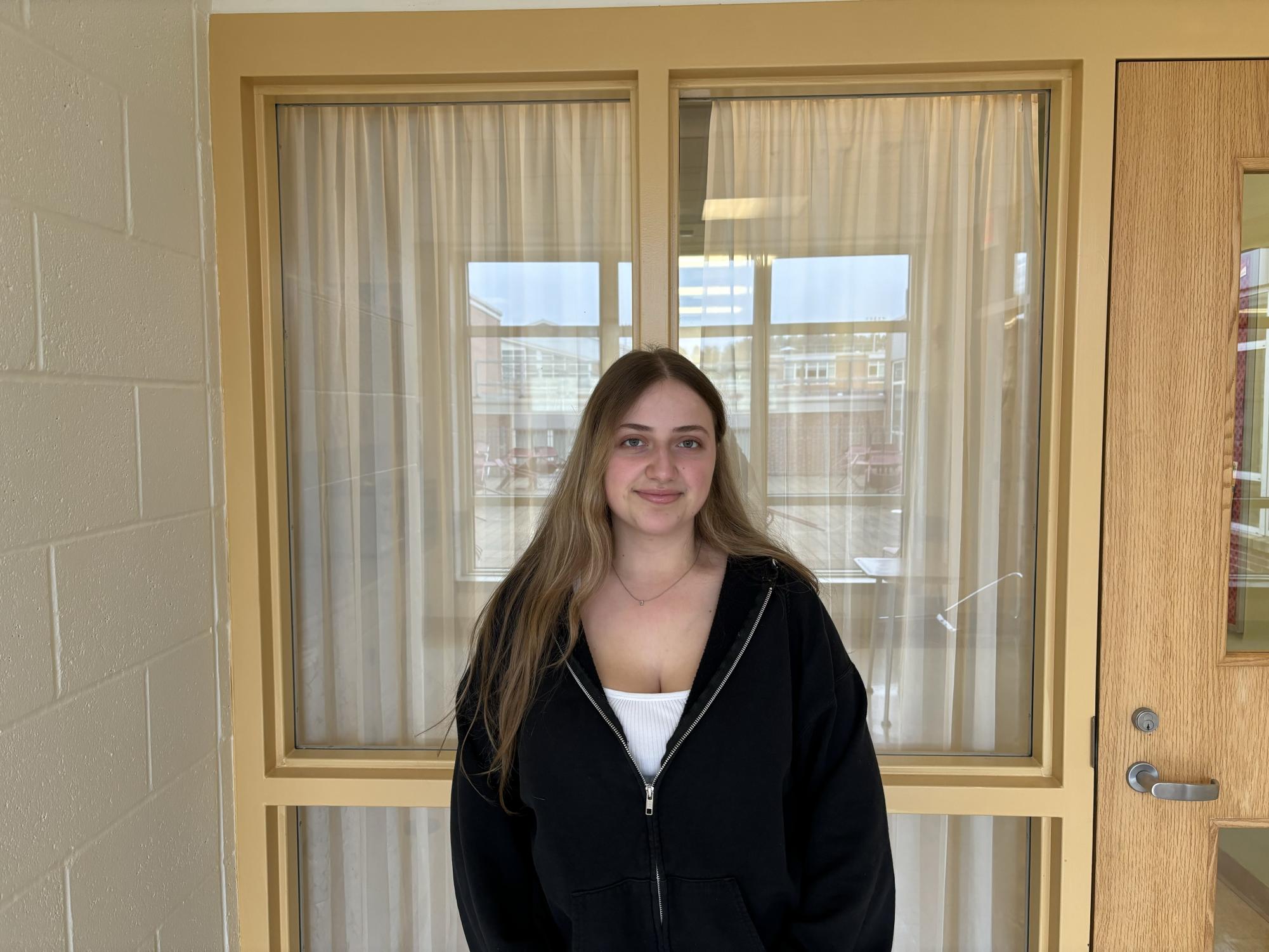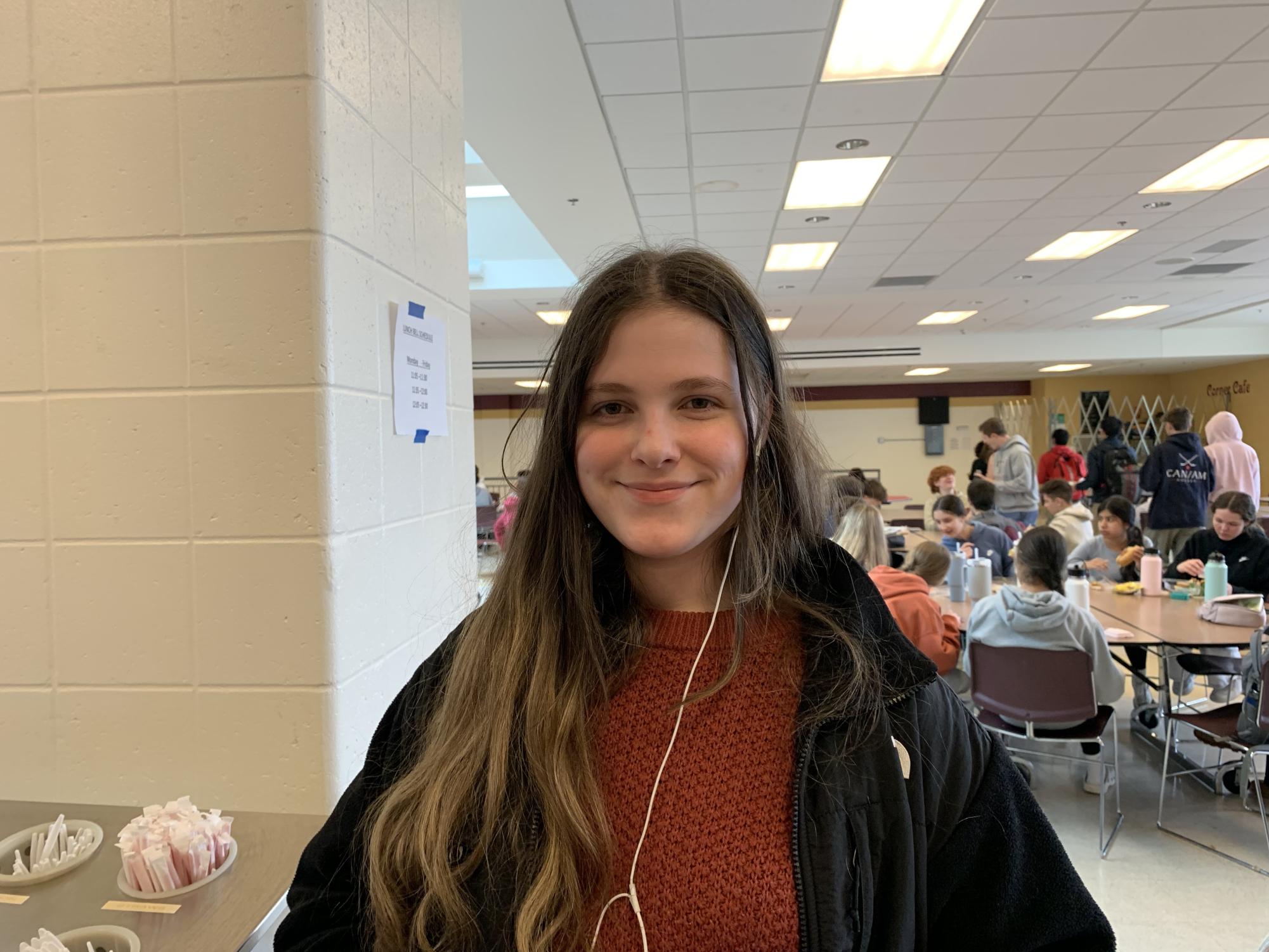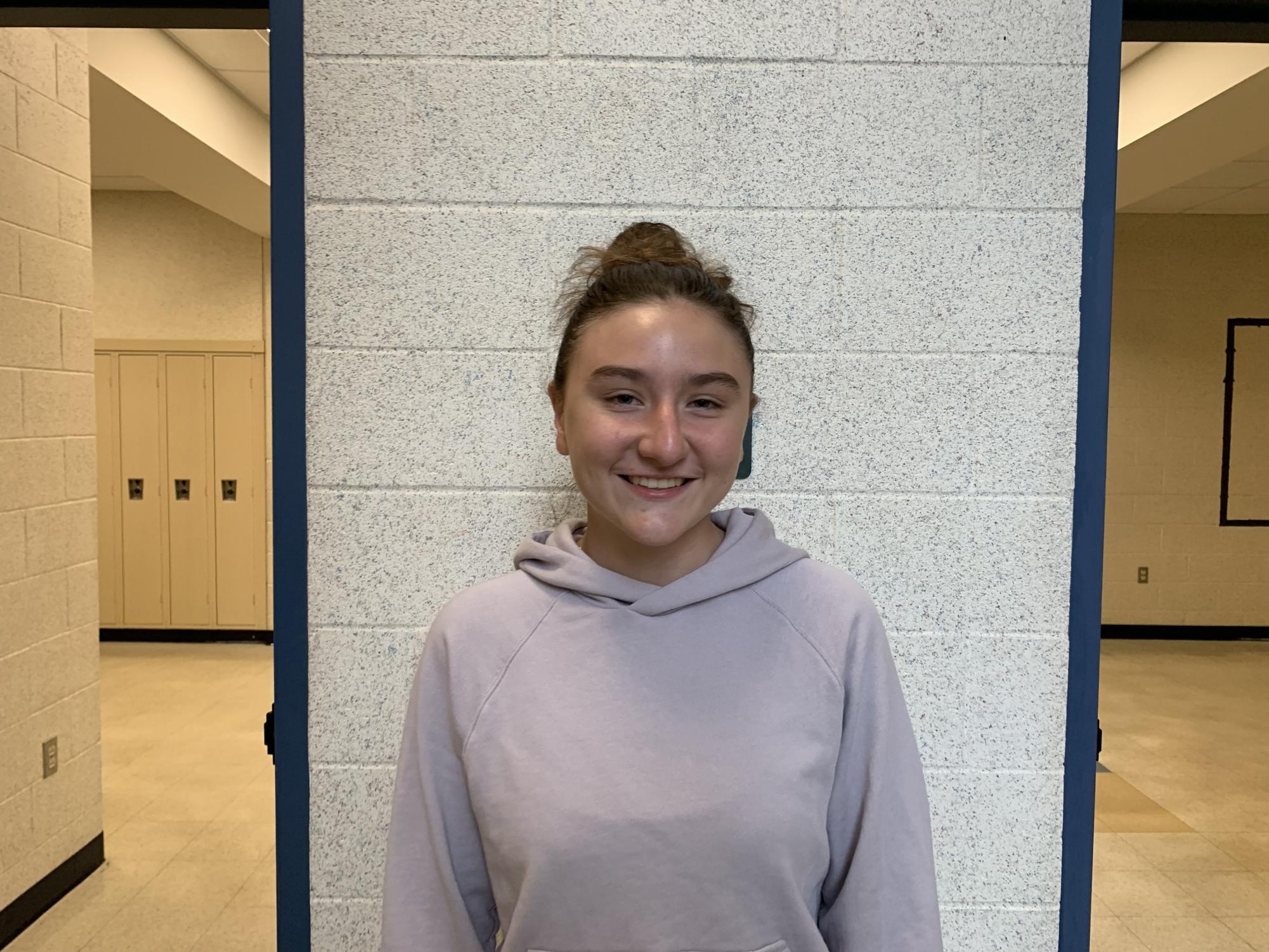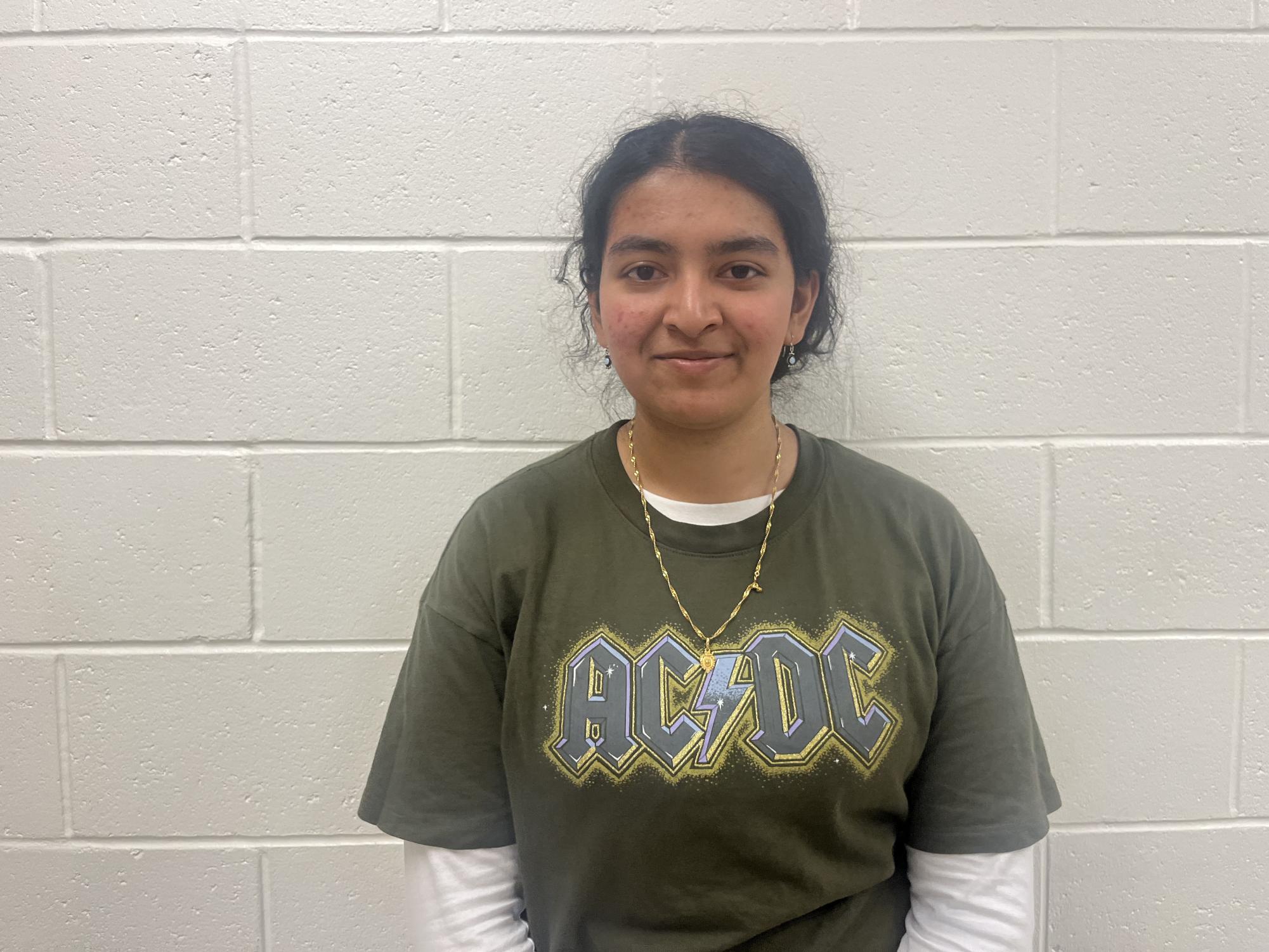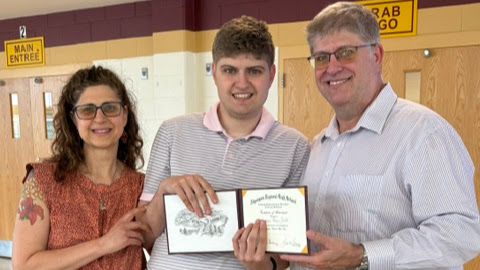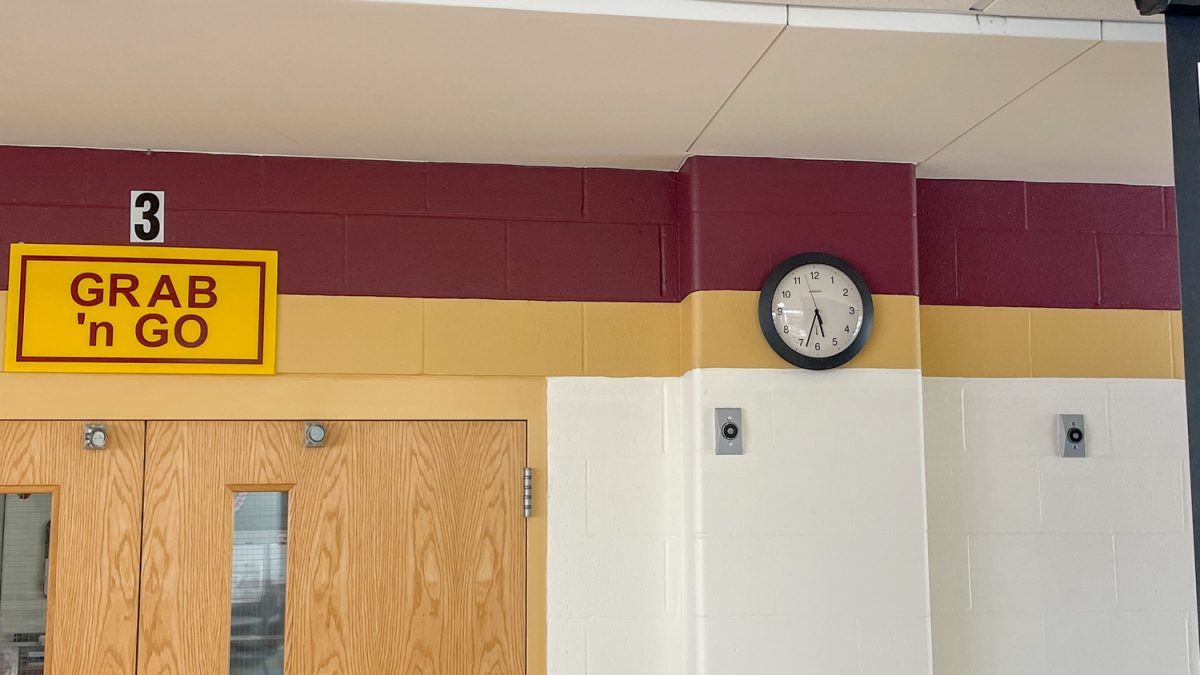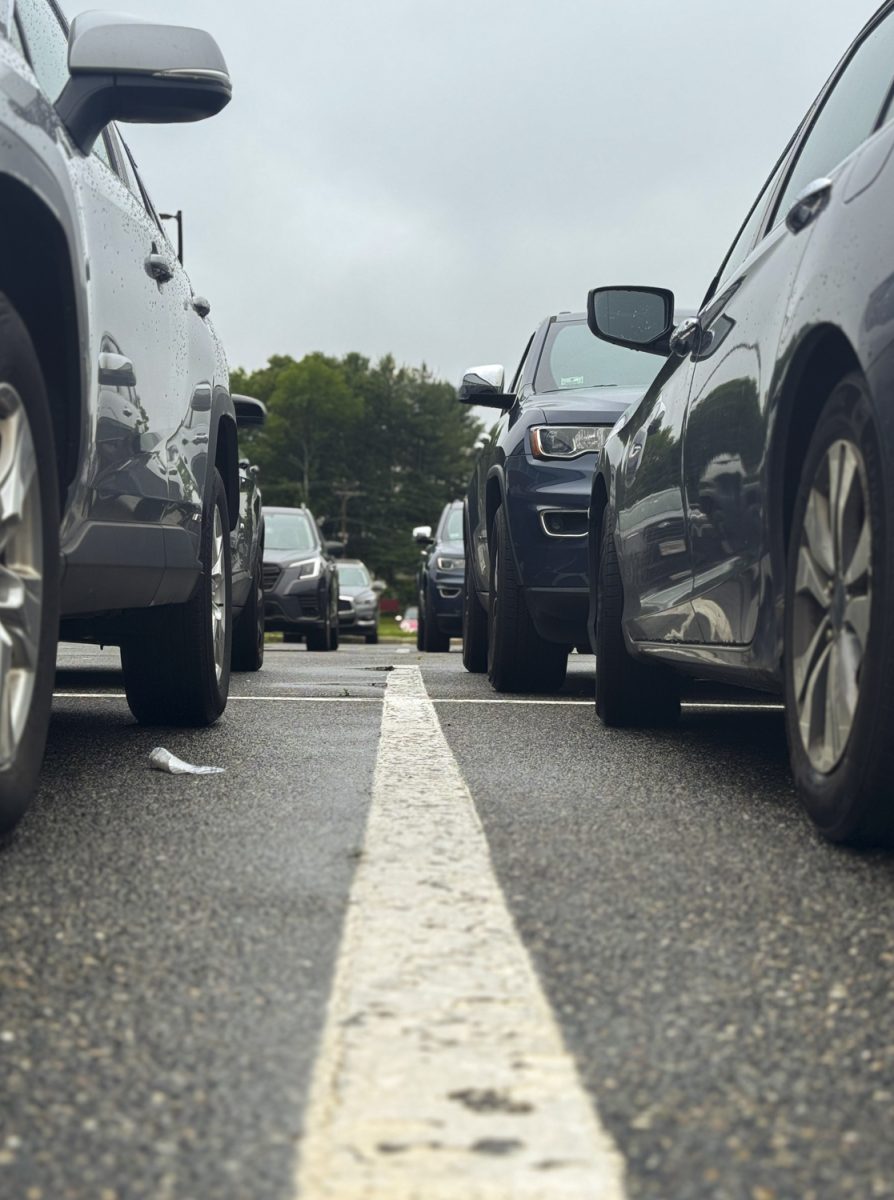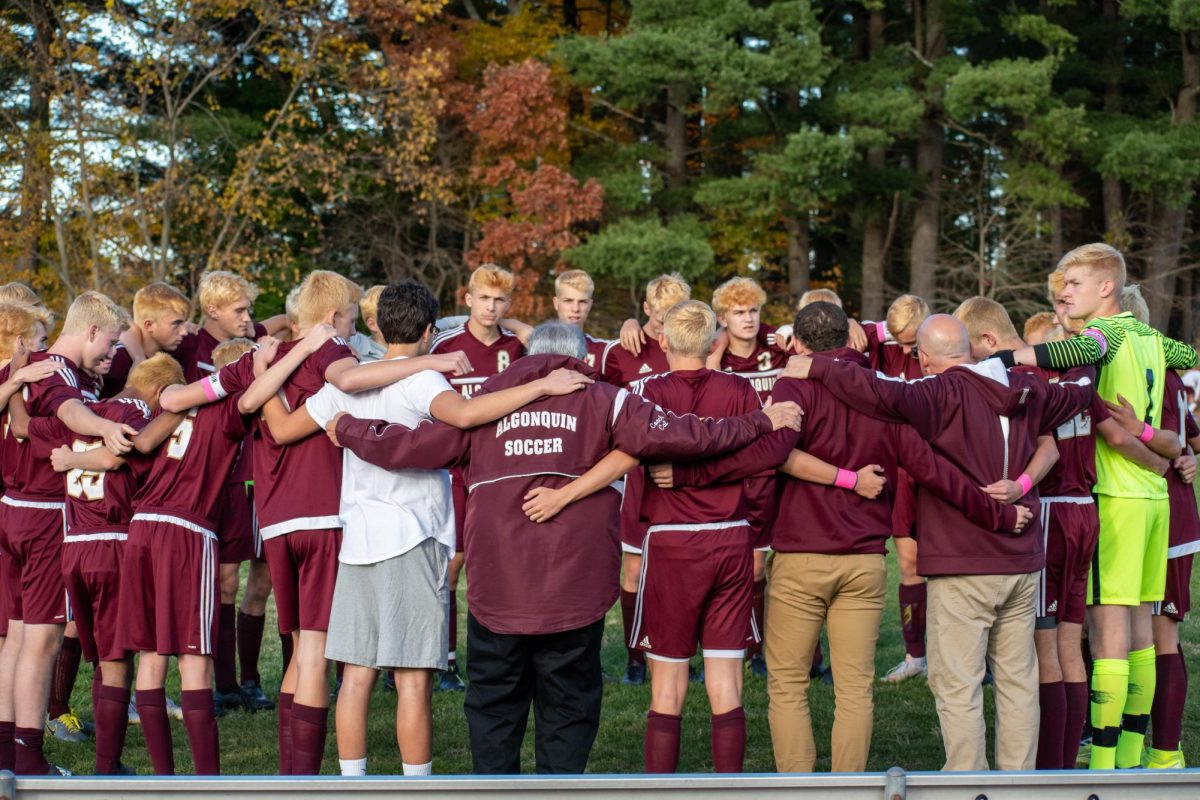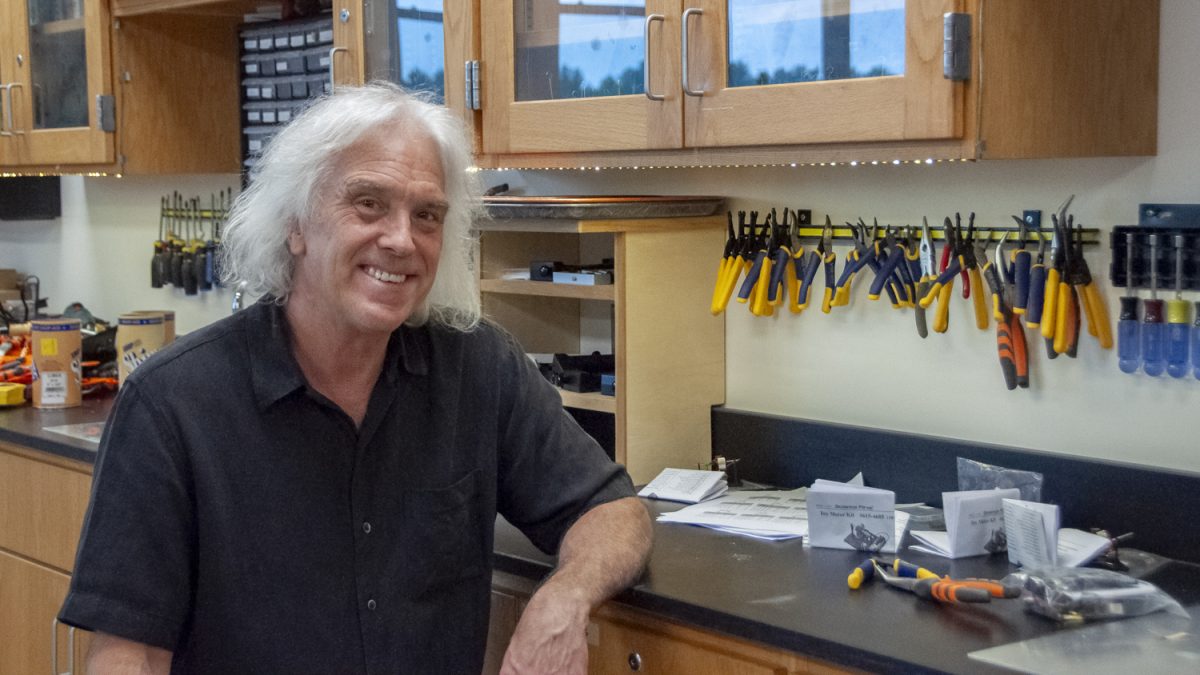Categories:
Celebrating World Language Week: Hear the voices, read the stories
Listen to Algonquin students representing their native languages during World Language Week
March 12, 2024
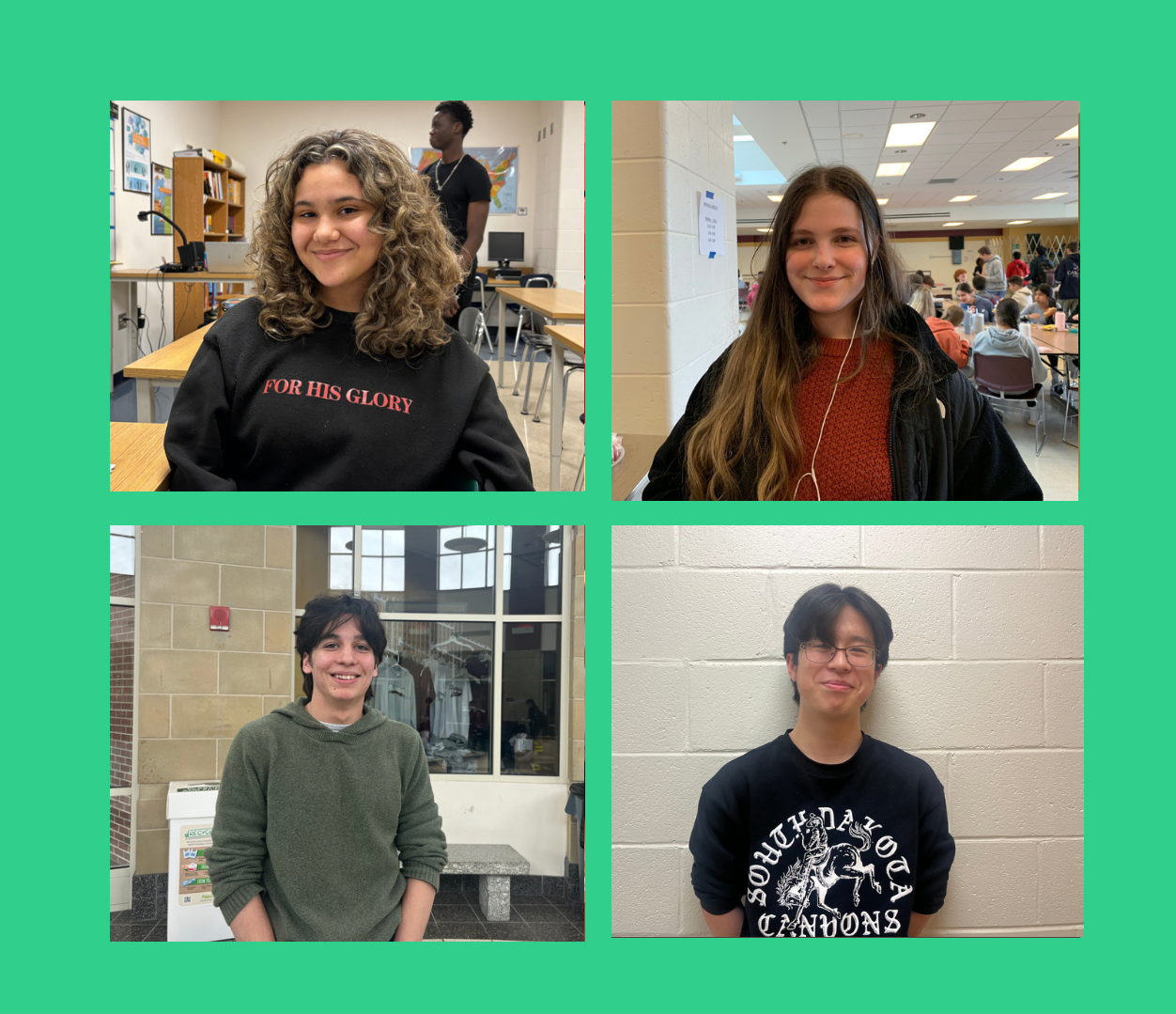
Donate to THE ALGONQUIN HARBINGER
$0
$2000
Contributed
Our Goal
A donation of $40 or more includes a subscription to the 2025-26 print issues of The Harbinger. We will mail a copy of our fall, winter, spring and graduation issues to the recipient of your choice. Your donation supports the student journalists of Algonquin Regional High School and allows our extracurricular publication to purchase equipment and cover our annual website hosting costs.
About the Contributors
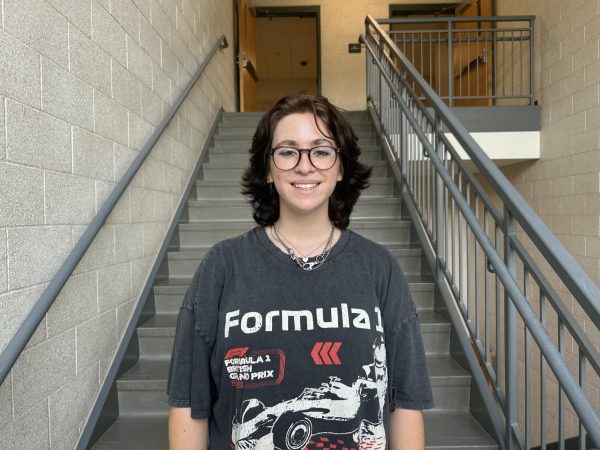
Ava “Cam” Arcona, A&E Editor
Cam has been part of the Harbinger since sophomore year, where they started as Assistant News Editor and moved to A&E editor in junior year. Their favorite topics to write about are album releases, pop culture and the arts within ARHS. Outside of Harby, Cam is president of two honor societies and is a setter for the varsity volleyball team.
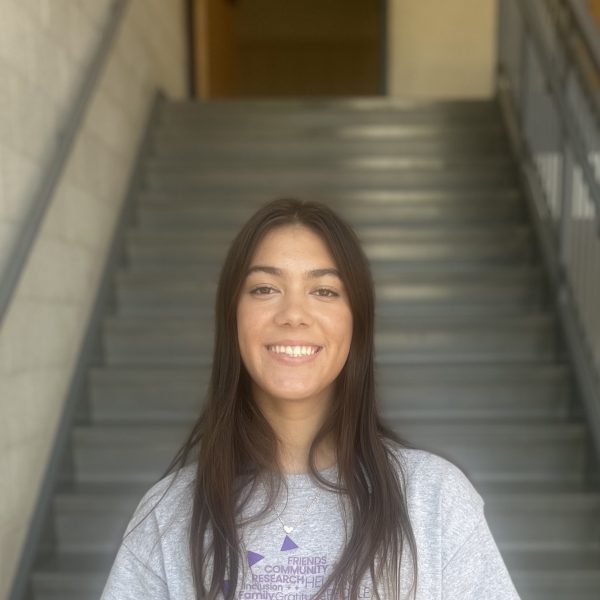
Calla Torres, Online Editor
Calla decided to join the Harbinger after taking journalism during her sophomore year and has since become the Online Editor. She has always loved writing and discovered an early passion for journalism during a school project in the third grade. In her free time, she enjoys hanging out with friends and listening to music.
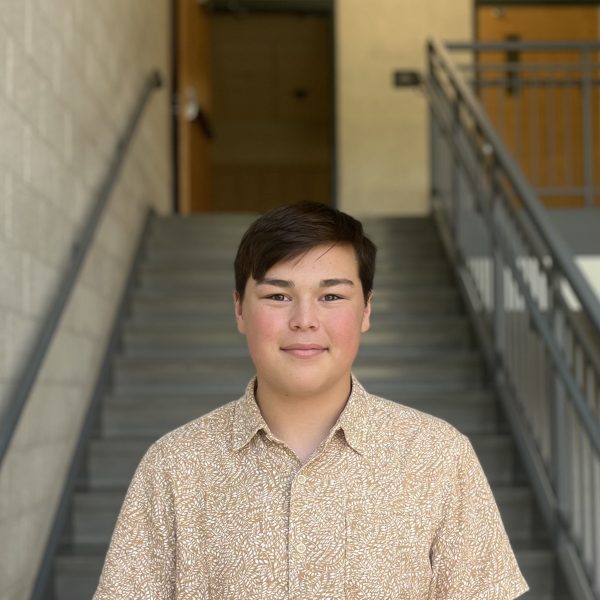
Jax Jackson, Editor-in-Chief
Jax has been involved with the Harbinger since his freshman year as a graphic designer, but taking Journalism as a junior got him truly excited about journalism. He has discovered a passion for storytelling, advocating through his work and sharing news, recently becoming an Editor-in-Chief. In his free time, Jax enjoys playing tennis, ceramics and performing music.
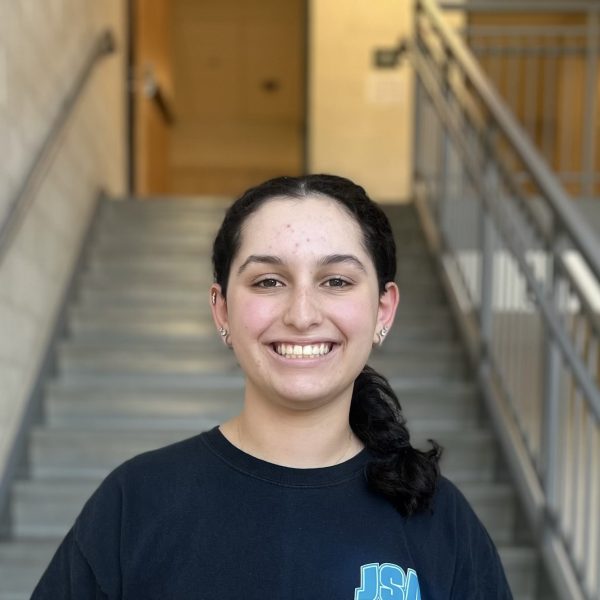
Mia Nicosia, Assistant Online Editor and Politics Coordinator
Mia took journalism in her freshman year and has since become the Politics Coordinator and an Assistant Opinion Editor. One of Mia’s favorite things about being on Harbinger is getting to voice opinions and share information about current events. In her free time, Mia enjoys reading, participating in steering, Project Enduring Freedom, Encompass Coalition, NEHS, CAP, competitive riflery and archery.
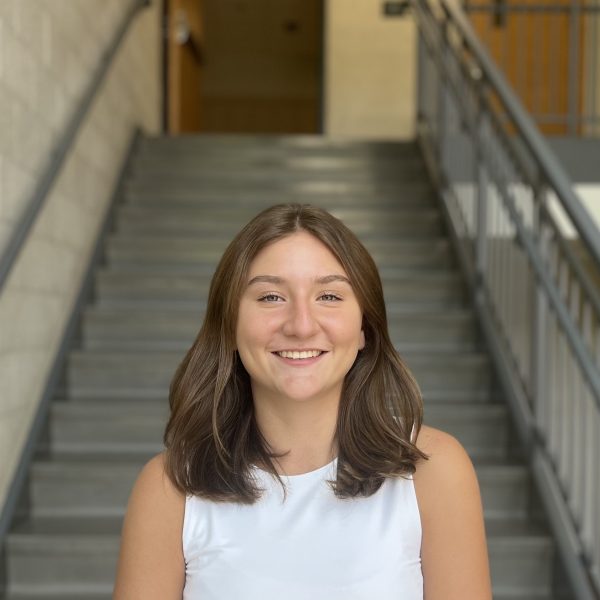
Altea Mehillaj, News Editor
Altea took journalism during her freshman year and is the News Editor. She started writing for her middle school newspaper and fell in love with writing articles, so when she went to high school she knew she had to join the Harbinger. Outside of school, Altea loves to read, play tennis and spend time with friends and family (especially her dog).







